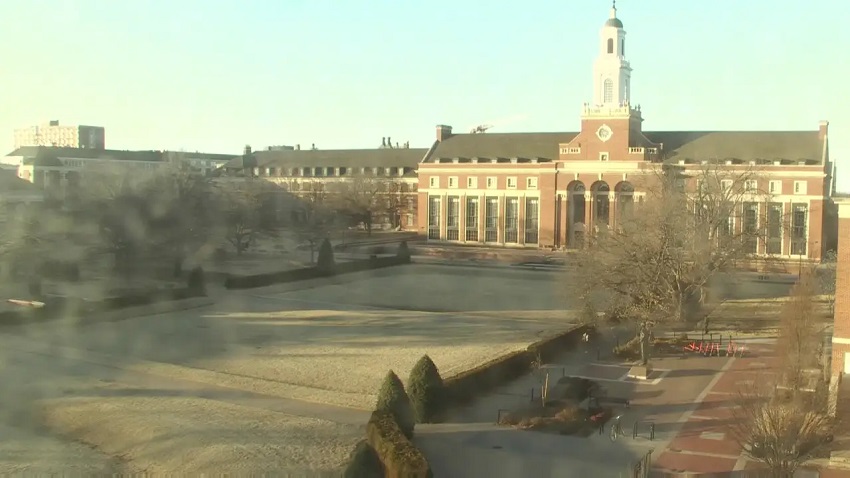Stillwater, OK – Recent reports from Oklahoma State University (OSU) and the University of Central Oklahoma (UCO) have raised concerns about the revocation of visas for international students, with the federal government citing a variety of reasons for the actions.
Elisabeth Walker, the director of OSU’s Office of International Students and Scholars, addressed the issue during a Faculty Council meeting on Tuesday. Walker revealed that at least eight students from OSU had their visas revoked. The reasons provided for these revocations varied, with some students reportedly having their visas revoked due to their involvement in political activities. Others, she said, were affected by criminal activity, ranging from prior arrests to even minor infractions such as speeding tickets.
The impact of these visa revocations is being closely monitored by the university. OSU has confirmed that six of its students were affected by the federal government’s decision to revoke their visas. The university is focused on providing guidance and support to those impacted, ensuring that the students have the necessary resources as they navigate the situation.
Meanwhile, the University of Central Oklahoma (UCO) also responded to the reports, issuing an updated statement to News 4. According to the statement, as many as four international students at UCO may have been affected by similar visa revocations. However, due to federal privacy laws, the university has stated that it cannot release the names or enrollment statuses of the students involved.
The differing reasons for the revocations, particularly the inclusion of political activity as a cause, has sparked further discussion and concern among students and faculty members. Many are questioning the transparency of the federal decision-making process and the potential implications for students’ academic and professional futures.
Both universities have emphasized their commitment to assisting affected students during this challenging time. OSU’s ongoing efforts include offering appropriate support services, while UCO has refrained from commenting on the specific details due to the privacy restrictions.
This situation has highlighted the increasing complexities faced by international students in the U.S., especially when federal policies intersect with individual student conduct and political expression. While universities have vowed to assist students in navigating these challenges, the uncertainty surrounding the reasons for these visa revocations continues to fuel concern among the international student community.
As universities and students await further clarity, the federal government’s role in determining visa statuses for international students remains under scrutiny.

